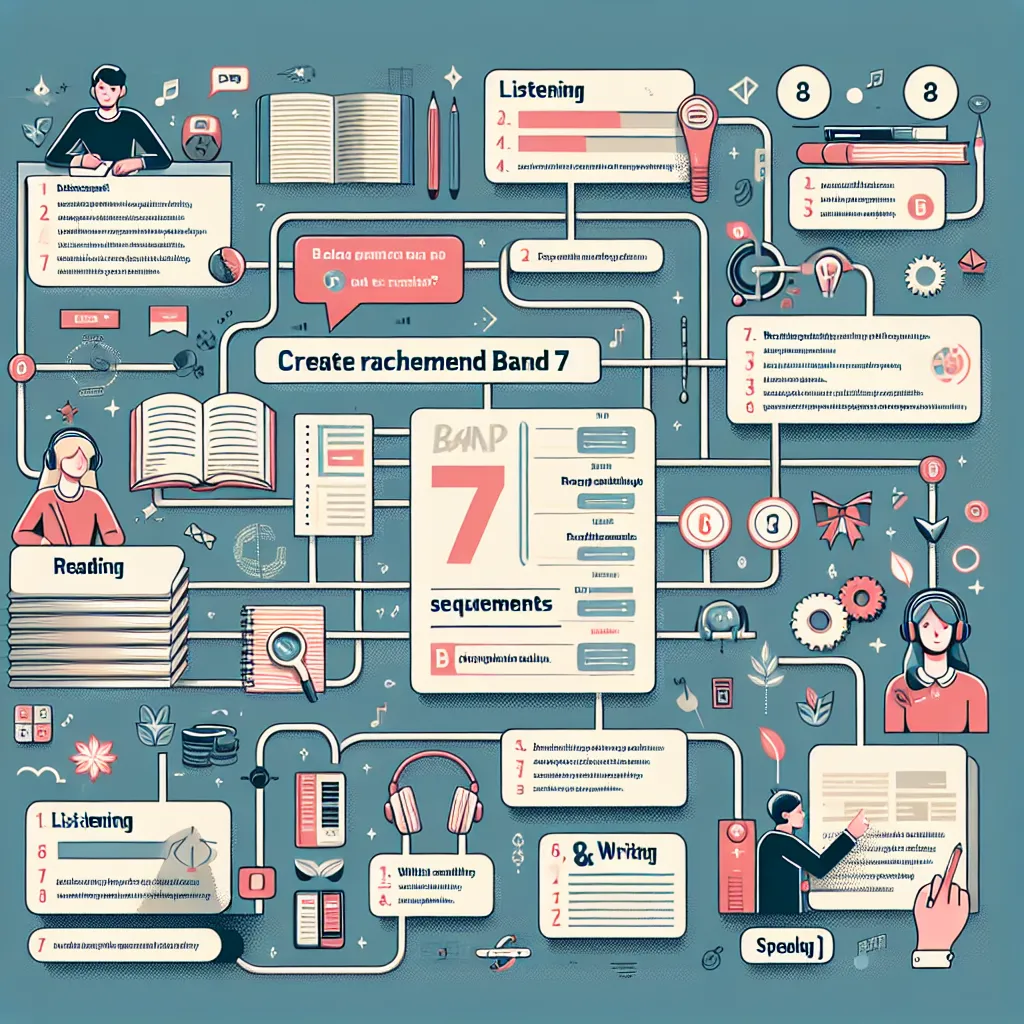Are you struggling with challenging words in IELTS Reading passages? You’re not alone. Many test-takers find themselves stumped by unfamiliar vocabulary, potentially impacting their performance. This comprehensive guide will equip you with effective strategies to tackle difficult words and boost your IELTS Reading score.
Understanding the Challenge of Difficult Vocabulary in IELTS Reading
IELTS Reading passages often contain advanced vocabulary and academic terms that can be intimidating for non-native English speakers. However, it’s crucial to remember that understanding every single word is not always necessary to comprehend the overall meaning or answer questions correctly.
 IELTS Reading Vocabulary Challenge
IELTS Reading Vocabulary Challenge
Strategies to Overcome Difficult Vocabulary
1. Context Clues: Your Best Friend
One of the most effective ways to deal with unfamiliar words is to use context clues. Look at the surrounding words and sentences to infer the meaning of the unknown term. IELTS examiners often include contextual information to help readers understand challenging vocabulary.
Example:
“The scientist’s hypothesis was corroborated by the experimental results, lending credence to her theory.”
Even if you don’t know the word “corroborated,” you can deduce from the context that it means “supported” or “confirmed.”
2. Word Parts Analysis
Break down complex words into their root, prefix, and suffix components. Understanding common word parts can help you guess the meaning of unfamiliar terms.
For instance:
- Bio (life) + diversity = Biodiversity (variety of life forms)
- Pseudo (false) + science = Pseudoscience (false or fake science)
3. Skimming and Scanning Techniques
Don’t get bogged down by difficult words. Use skimming and scanning techniques to quickly identify key information without getting stuck on every unfamiliar term.
- Skim: Read quickly to get the general idea of a passage.
- Scan: Search for specific information or keywords.
4. Focus on Keywords and Topic Sentences
Pay attention to keywords and topic sentences, which often contain the main ideas. Understanding these can help you grasp the overall meaning, even if you encounter challenging vocabulary.
5. Educated Guessing
When faced with a difficult word in a question or answer choice, make an educated guess based on your understanding of the passage. Eliminate options that clearly don’t fit the context.
Building Your Vocabulary for IELTS Success
While strategies for dealing with difficult words are essential, expanding your vocabulary is equally important for long-term IELTS success.
1. Regular Reading Practice
Expose yourself to a variety of texts similar to those in the IELTS exam. Read academic journals, newspapers, and scientific articles to familiarize yourself with advanced vocabulary in context.
2. Vocabulary Notebooks
Keep a vocabulary notebook to record new words you encounter. Include definitions, example sentences, and synonyms to reinforce your learning.
3. Use of Vocabulary Apps
Leverage technology with vocabulary-building apps like Quizlet or Anki. These tools use spaced repetition to help you memorize and retain new words effectively.
4. Word Family Exploration
When you learn a new word, explore its family. For example, if you learn “innovate,” also study related words like “innovation,” “innovative,” and “innovator.”
Common Pitfalls to Avoid
1. Over-reliance on Dictionaries
While dictionaries can be helpful during preparation, you won’t have access to them during the actual test. Focus on developing skills to understand words in context.
2. Ignoring Unknown Words Completely
While you shouldn’t get stuck on every unfamiliar word, completely ignoring challenging vocabulary can lead to misunderstanding key points in the passage.
3. Panic When Encountering Difficult Words
Stay calm when you see unfamiliar terms. Remember, you have strategies to deal with them, and not every word is crucial for understanding the passage or answering questions.
Next Steps: Putting Your Skills into Practice
Now that you’re equipped with strategies to handle difficult vocabulary, it’s time to put them into practice:
- Take timed IELTS Reading practice tests regularly.
- Analyze your performance, focusing on how you dealt with challenging words.
- Keep a log of difficult words you encounter and review them periodically.
- Join IELTS study groups or forums to discuss challenging vocabulary and share strategies with peers.
Remember, dealing with difficult vocabulary in IELTS Reading is a skill that improves with practice. Stay persistent, and you’ll see your confidence and performance improve over time.
By implementing these strategies and continuously working on expanding your vocabulary, you’ll be well-prepared to tackle even the most challenging IELTS Reading passages. Good luck with your IELTS preparation!
[internal_links]




